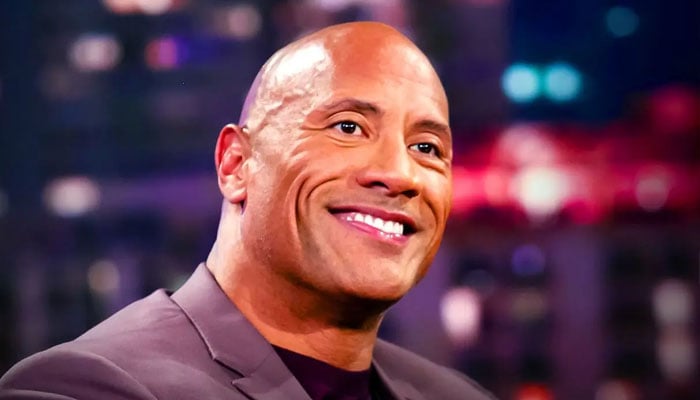The Commonwealth's 56 members agreed the "time has come" for talks about the legacy of the "abhorrent" transatlantic slave trade Saturday, in a landmark summit declaration that raised the prospect of future reparations. Gathering in Samoa, leaders from Britain and dozens of former colonies held lengthy and occasionally tense talks over one of the most sensitive aspects of their shared and troubled past. In a joint statement, Commonwealth leaders noted calls for "reparatory justice" for the "abhorrent" transatlantic slave trade and the "enduring effects" of dispossessing Indigenous people, indentureship and colonialism.
"The time has come for a meaningful, truthful and respectful conversation towards forging a common future based on equity," a joint "Samoa Communique" said. African, Caribbean and Pacific nations want Britain -- and other colonial powers -- to atone for slavery and other ills of colonisation, and to start talks about compensation. Many remain poorer than their one-time colonial masters and are still scarred by the brutal trade that saw an estimated 10-15 million enslaved people ripped from Africa over four centuries.
While Britain has expressed remorse for slavery in broad terms, London has baulked at the idea of paying financial reparations, which could come with a hefty price tag. During the summit, London tried to avoid making explicit commitments while trying to retain some semblance of Commonwealth unity. "I should be really clear here, in the two days we'.


















